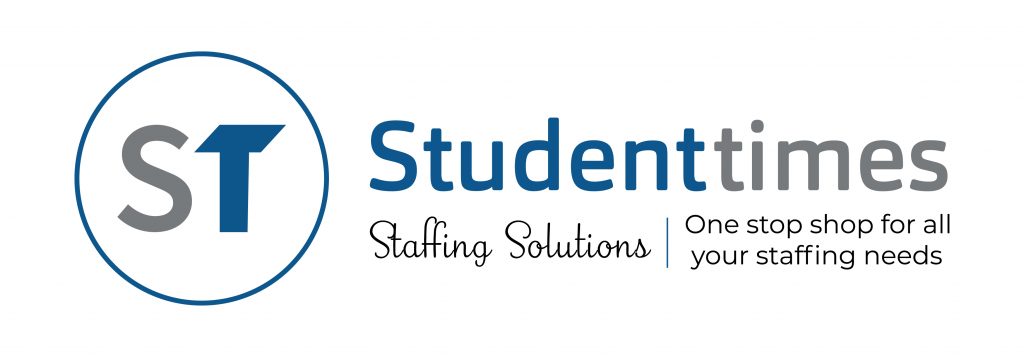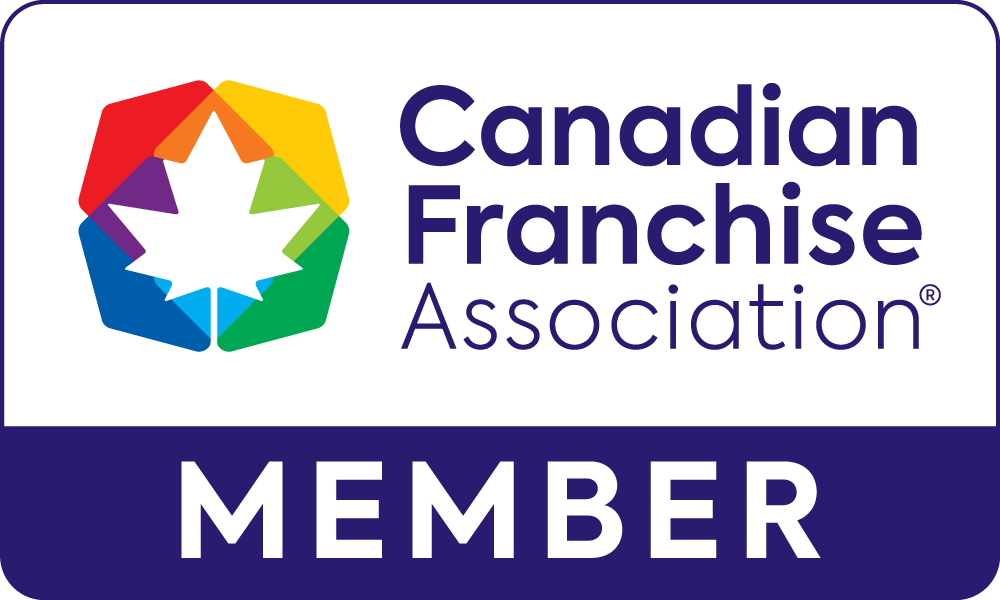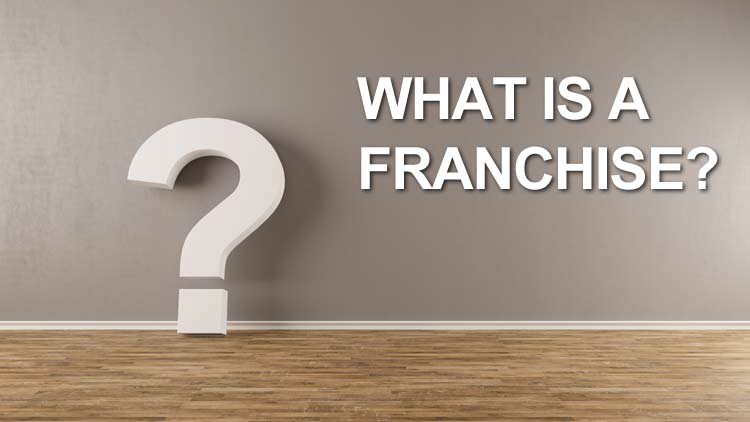
Key Element
• A franchise (or franchising) is a method of distributing products or services involving a franchisor, who establishes the brand’s trademark or trade name and a business system, and a franchisee, who pays a royalty and often an initial fee for the right to do business under the franchisor’s name and system.
• The franchisor is the business that issue licenses to franchisees.
• The Franchise law requires franchisors to disclose key operating knowledge to prospective franchisees.
• Ongoing royalties paid to franchisors vary by industry and can range between 5% and 12% or more.
Understanding Franchises
When a business wants to accelerate its market share or geographical reach at an economical, it may franchise its product, services, and brand name.
• Franchisor: Develops the brand and business system. They grant investors the license to open a new location in the brand’s name and use their intellectual property.
• Franchisee: Purchases the rights to use the franchisor’s name and business system to operate a business. This new business typically pays a percentage of its revenue to the franchisor, called a royalty.
Franchises are a popular way for entrepreneurs to start a business, one big advantage to purchasing a franchise is you have access to an established company’s brand name. You won’t need to spend resources getting your name and services out to customers.
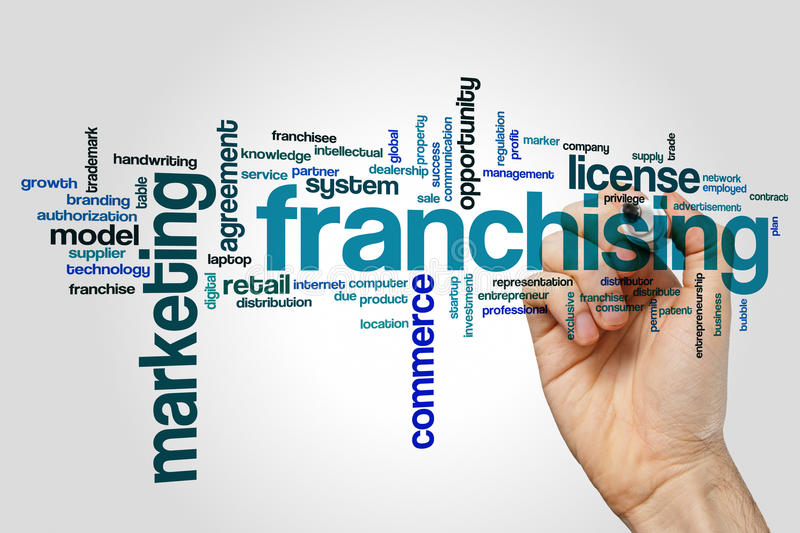
Franchise Essential and Regulations
Franchise contracts are complex and vary for each franchisor. While from the public’s vantage point, franchises look like any other chain of branded businesses, they are very different. In a franchise system, the owner of the brand does not manage and operate the locations that serve consumers their products and services on a day-to-day basis. Serving the customer is the role and responsibility of the franchisee. Franchising is a contractual relationship between a licensor (franchisor) and a licensee (franchisee) that allows the business owner to use the licensor’s brand and method of doing business to distribute products or services to customers.
Typically, a franchise agreement includes three categories of payment to the franchisor. First, the franchisee must purchase the controlled rights, or trademark, from the franchisor in the form of an upfront fee (Franchise fee). Second, the franchisor often receives payment for providing training, equipment, or business advisory services. Finally, the franchisor receives ongoing royalties or a percentage of the operation’s sales.
A franchise contract is temporary, akin to a lease or rental of a business. It does not signify business ownership by the franchisee. Depending on the contract, franchise agreements typically last between five and 30 years, with serious penalties if a franchisee violates or prematurely terminates the contract.
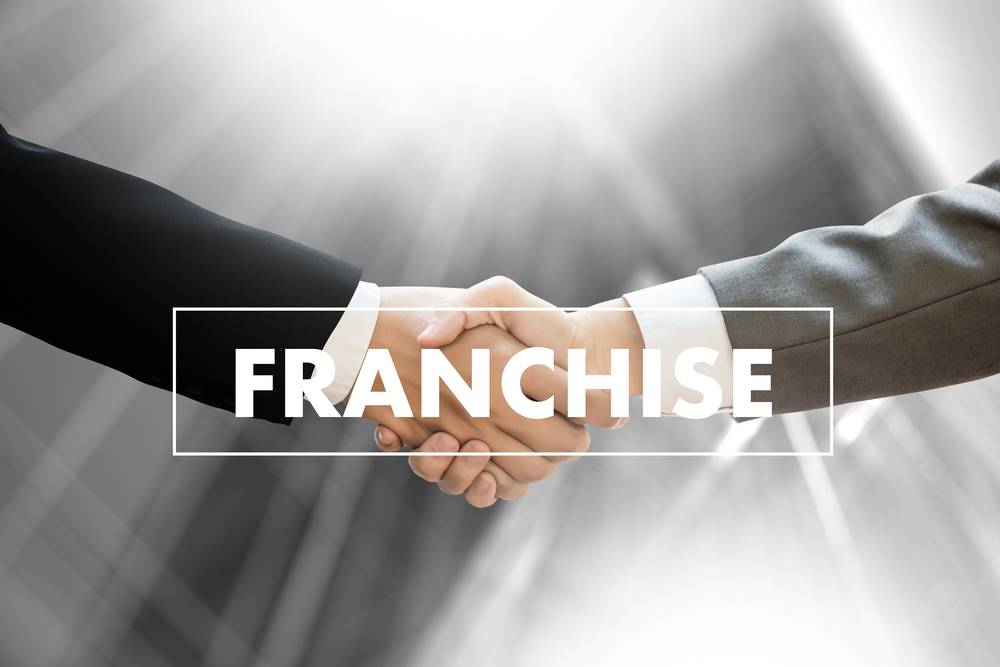
Franchise’s Law in Canada & USA
In Canada, franchises are regulated at the provincial level. If you are entitled to receive this disclosure document pursuant to applicable laws of the provinces of Ontario, Alberta, Prince Edward Island, New Brunswick, Manitoba or British Columbia (the “Disclosure Provinces”), then this disclosure document has been provided to you pursuant to the Ontario Arthur Wishart Act (Franchise Disclosure), 2000, the Alberta Franchises Act, the Prince Edward Island Franchises Act, the New Brunswick Franchises Act, Manitoba’s The Franchises Act or the British Columbia Franchises Act (the “Acts”), respectively. If you reside in a province other than the Disclosure Provinces, or if you reside in a Disclosure Province but are subject to an applicable exemption or exclusion under the Acts from the entitlement to receive a disclosure document, then we have provided this disclosure document to you for informational purposes only, and on a voluntary basis.
Please note that the information in the disclosure document has been prepared pursuant to the laws of the Disclosure Provinces for distribution to prospective franchisees in those provinces to who we are required to provide it pursuant to the Acts. Accordingly, some of the information contained in the disclosure document is specific to prospective franchisees in one or more of the Disclosure Provinces only and, as a result, may not be correct for you or applicable to the operation of a franchise in your area. You are encouraged to make your own investigations to ensure the accuracy of the information. Further, if you reside outside of the Disclosure Provinces or if you reside in a Disclosure Province but are subject to an applicable exemption or exclusion under the Acts from the entitlement to receive a disclosure document, then we are providing the disclosure document to you on the understanding that you will not be relying in any way on the information OR documents contained in the disclosure document, and you do not have statutory rights of rescission or otherwise under the Acts.
In the U.S., franchises are regulated at the state level. However, the Federal Trade Commission (FTC) established one federal regulation in 1979. The Franchise Rule is a legal disclosure a franchisor must give to prospective buyers. The franchisor must fully disclose any risks, benefits, or limits to a franchise investment. This information covers fees and expenses, litigation history, approved business vendors or suppliers, estimated financial performance expectations, and other key details. This disclosure requirement was previously known as the Uniform Franchise Offering Circular before it was renamed the Franchise Disclosure Document in 2007.

